
Geltor CEO Alex Lorestani’s take on a future shaped by biodesigned products
Geltor CEO Alex Lorestani’s take on a future shaped by biodesigned products
What if the secret to younger looking, healthier skin was a protein abundant in the cells of babies but rare in adults? Biodesign company Geltor introduced that secret, dubbed HumaColl21™, to attendees of the in-cosmetics Global trade show in Paris a few months ago. The collagen that comprises their product is not sourced from living organisms (such as fish) like most collagen used in beauty products, but instead is a lab-grown version of human Type 21 collagen. Because our cells naturally make this molecule, the lab-grown collagen is more biocompatible with human skin. And, it is produced more sustainably and ethically than animal-sourced collagen.HumaColl21™ is just one example of how a biodesigned future leads to better products for improving people’s lives. We sat down with Geltor’s co-founder and CEO Alex Lorestani to discuss their process for creating their products, the feedback they have received from the public, and their views on the business landscape for synthetic biology.
Why does Geltor think it’s important to engage with consumers about biodesigned products?
One of the things that made a really big impression on us with the first product launch was just how intuitive and natural from a consumer perspective biodesigned products and their benefits can be. With the first product that we launched, HumaColl21™ going into a Unilever-owned brand in Korea, we found that if you design a human collagen for skin care products, there's a very powerful, science-based story there for building an ingredient that has all these features that from a company's perspective would have real consumer benefit.But the thing that was really exciting for us was seeing immediately in the consumer reviews just how very quickly the customers appreciated why biodesign was adding value to this product and why they should be excited about that. It has to be something that comes across very quickly. You're not going to succeed if you have to spend a huge amount of time educating the consumer on just what the ingredient or what the product is or they should use this over another product.We have the opportunity in synthetic biology to build products that are just intuitively so much better for customers from an experience perspective, from a benefits perspective. Really focusing your energy on creating something that's just that good. I think that's important.

Image source: Geltor
How are customers responding to your biodesigned product?
The first thing that we're seeing is just in the numbers, outside of the subjective consumer testimonials. The product is beating the expectations by almost 200% of their sales targets. But beyond that, on the more subjective level, we're seeing with folks like the bloggers and influencers at the launch event in Seoul and others that are leaving reviews online, there's a consistency in the use of the biocompatibility story. I think that that's something that we weren't sure if consumers were going to really latch onto as strongly as they did. And it's been extremely powerful. The brands have done a fantastic job of really driving that message.
How do you use biology to make a more biocompatible product?
Historically, animal collagen has been used inside of cosmetic products. And more recently, the supply chain has been largely focused on fish collagens. If you want to work on human biology, the best tools are going to be inside of human biology. So, we looked for the best human collagen and also wanted to be able to address a larger concern within the cosmetics and personal care industry around sensitive skin.We can make the cleanest collagen on the planet. It is literally a part of you. So this is as biocompatible as you can possibly get. And because it's made by fermentation, you don't have any of the waste left over from animal based products.
Why did you choose collagen 21?
In humans there are 28 different types of collagen. The most abundant kind of collagen in our bodies is type 1 collagen. It was the first one discovered because it was the most abundant, that's why it has the number one. But if we look across all of the different types of collagens inside of us, and all the different kinds of subtypes within that, where can we find the most exciting and useful biology for skin health?That's how we focused in on collagen 21. It's highly abundant in very young people. And it essentially establishes the kind of framework for all the other collagens as we age, but it eventually disappears. It gives rise to all these other important features of skin, and then it's gone. What if we can essentially bring this thing that is scarce in adults back for the benefit of skin care?
What sets Geltor apart from others in this industry?
From the moment that Geltor was founded, the approach to the market that we've taken is that there's a suite of tools, and a suite of customer needs and pain points. What if instead of taking these existing tools and plugging them into the pain points of these big markets, we just start from scratch and say we're going to sculpt biology to address the needs and pains of consumer products in particular. Something that Geltor is particularly good at is thinking from the very earliest stages, designing your proteins, ordering your DNA, how those are going to have downstream effects, for the better, on consumer products. We have taken the approach of saying Geltor is going to be really focused on consumer products and, in particular, on designer proteins for those products.
What does successful partnering look like at Geltor?
The ultimate sign of a great partnership is having a partner who has a wildly successful brand in the marketplace. We are here to empower people with hero ingredients to build brands that you could not imagine or create in any other way but through Geltor-powered biology. And that ingredient, front and center, is the central story of the product. So I think what success looks like is, first and foremost the success of our customers, but in particular it’s someone that's excited about getting a hero ingredient for a billion dollar brand that people are going to remember.Partners who are interested in working with Geltor should contact info@geltor.com . To learn more about the many biodesigned products that are going to be hitting shelves soon, we have a number of Agtech, Foods, and Consumer Goods speakers already lined up for SynBioBeta 2019. Come check them out!



.svg)





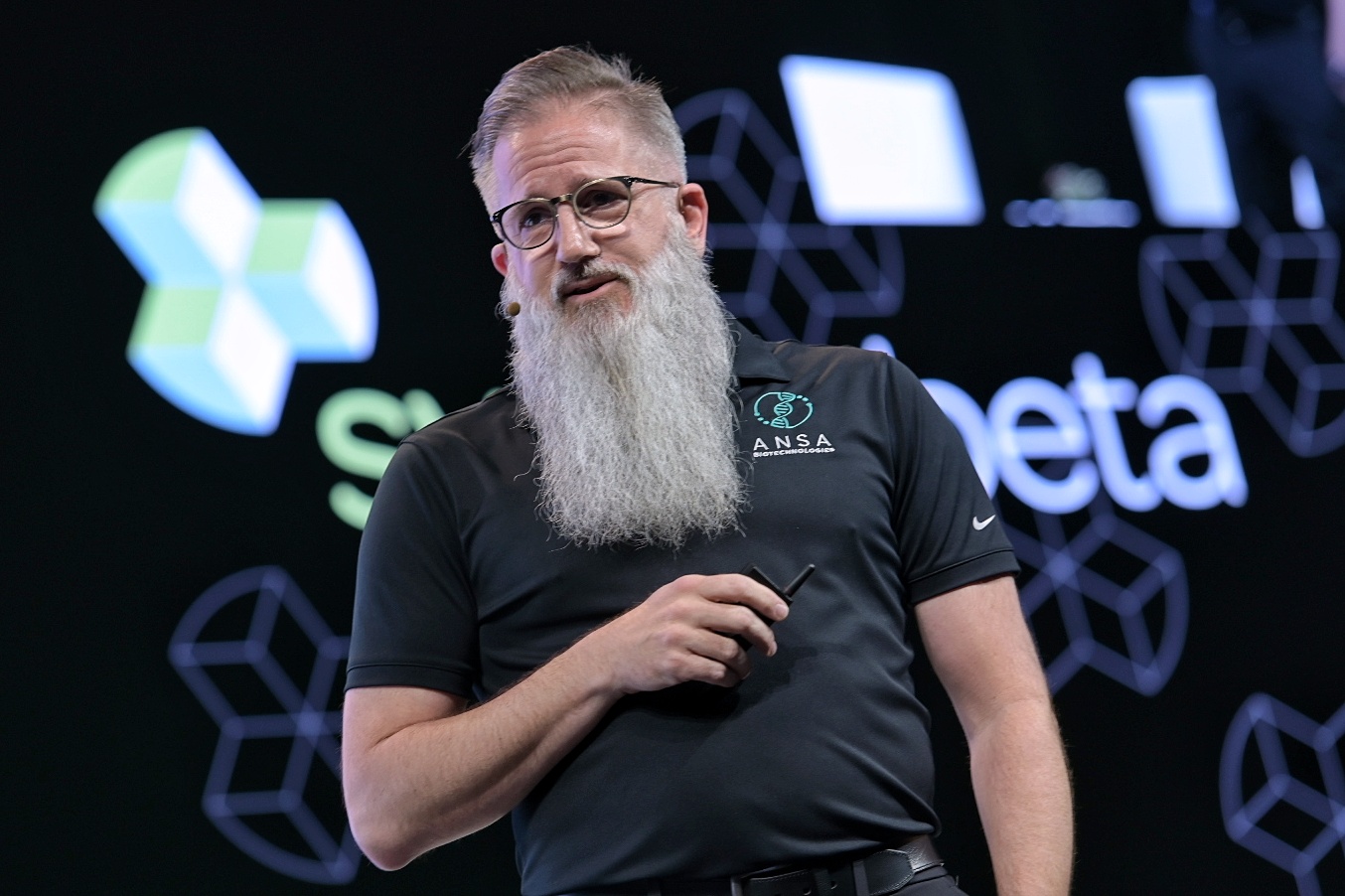
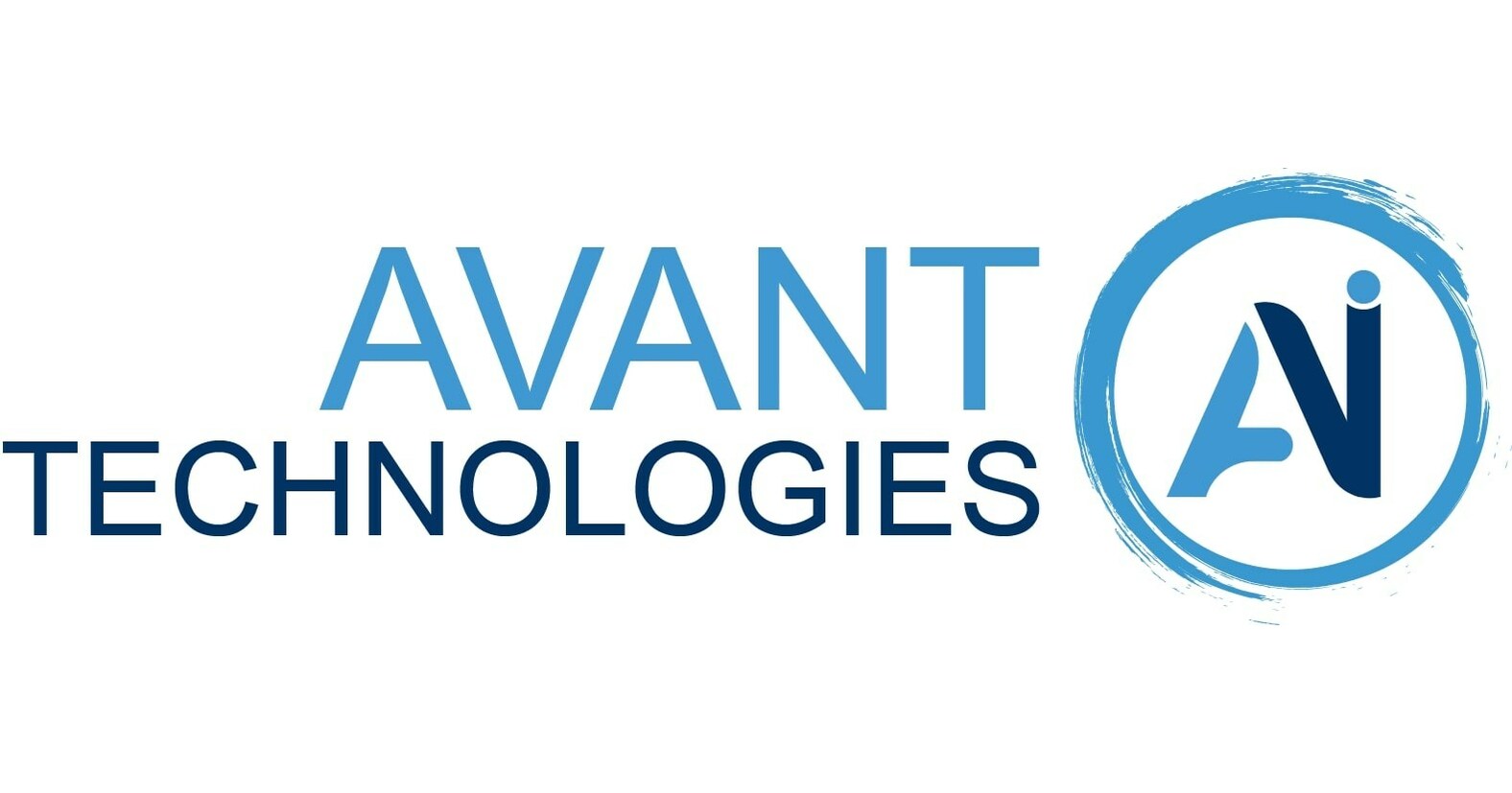
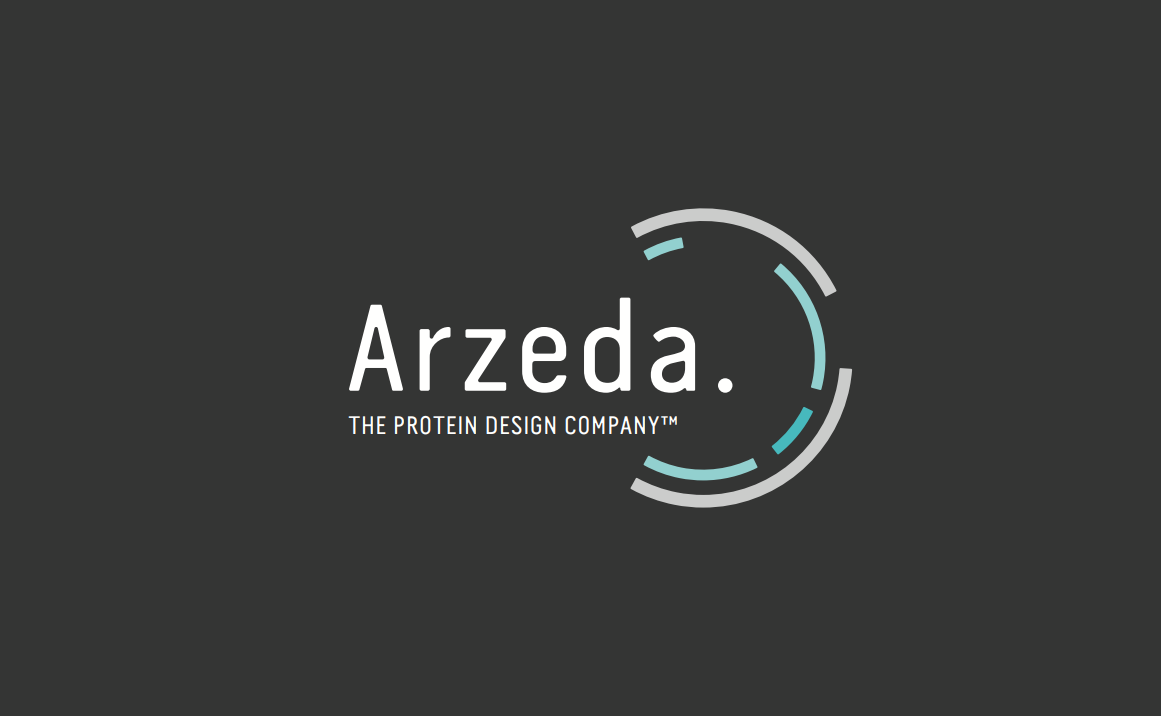
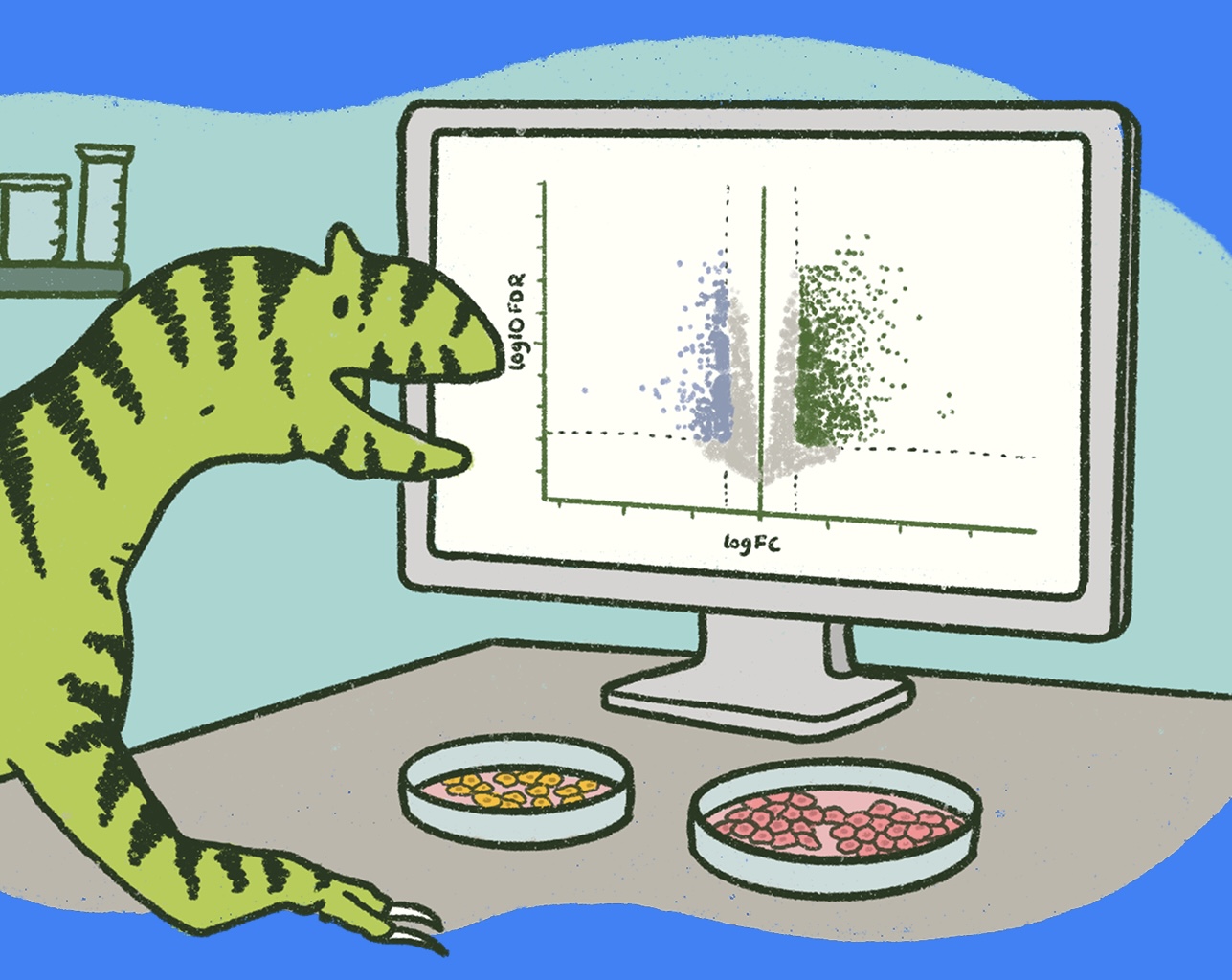
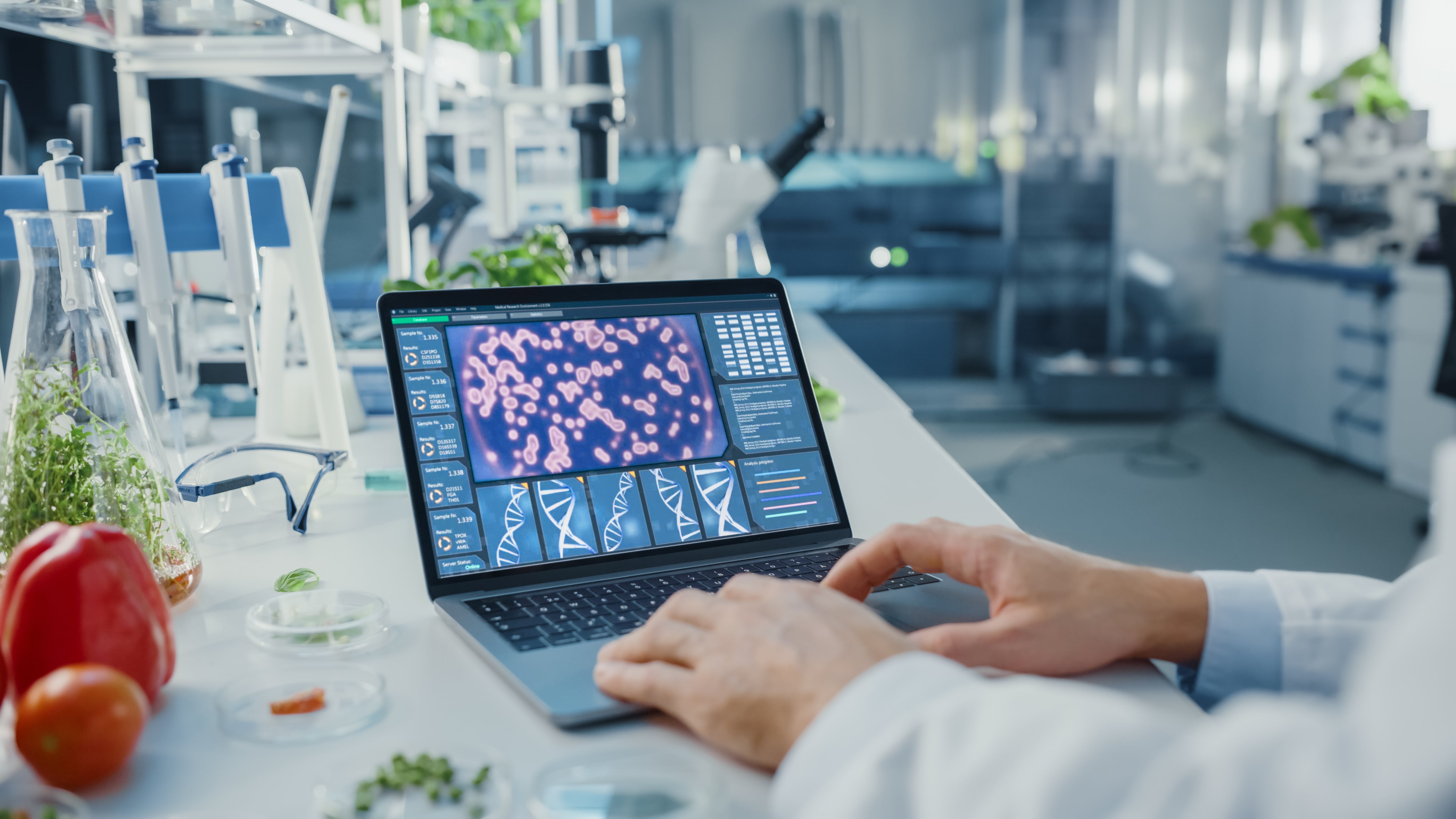
-min.png)
.gif)